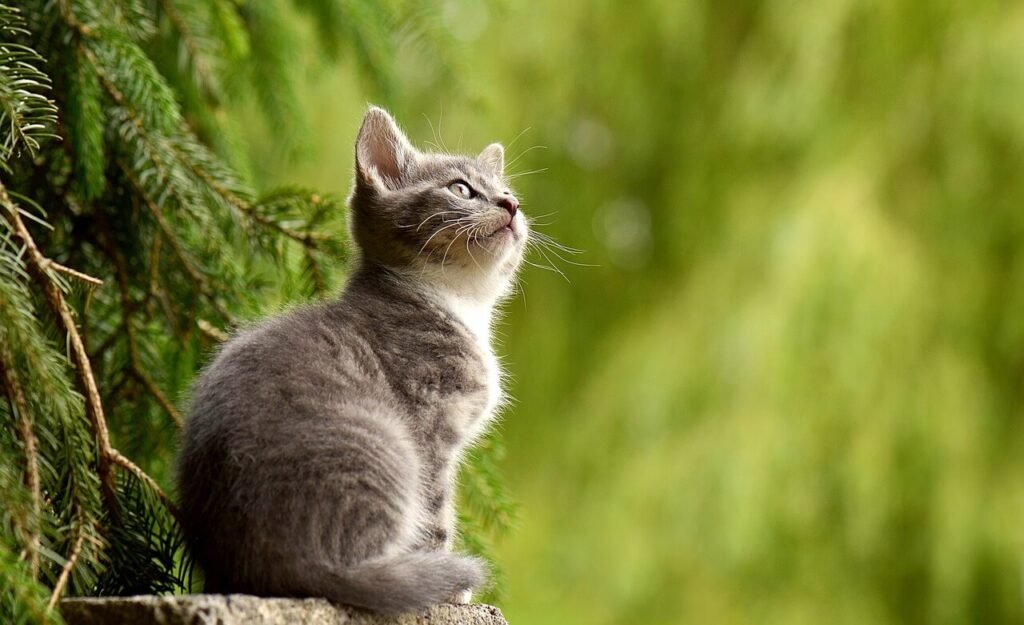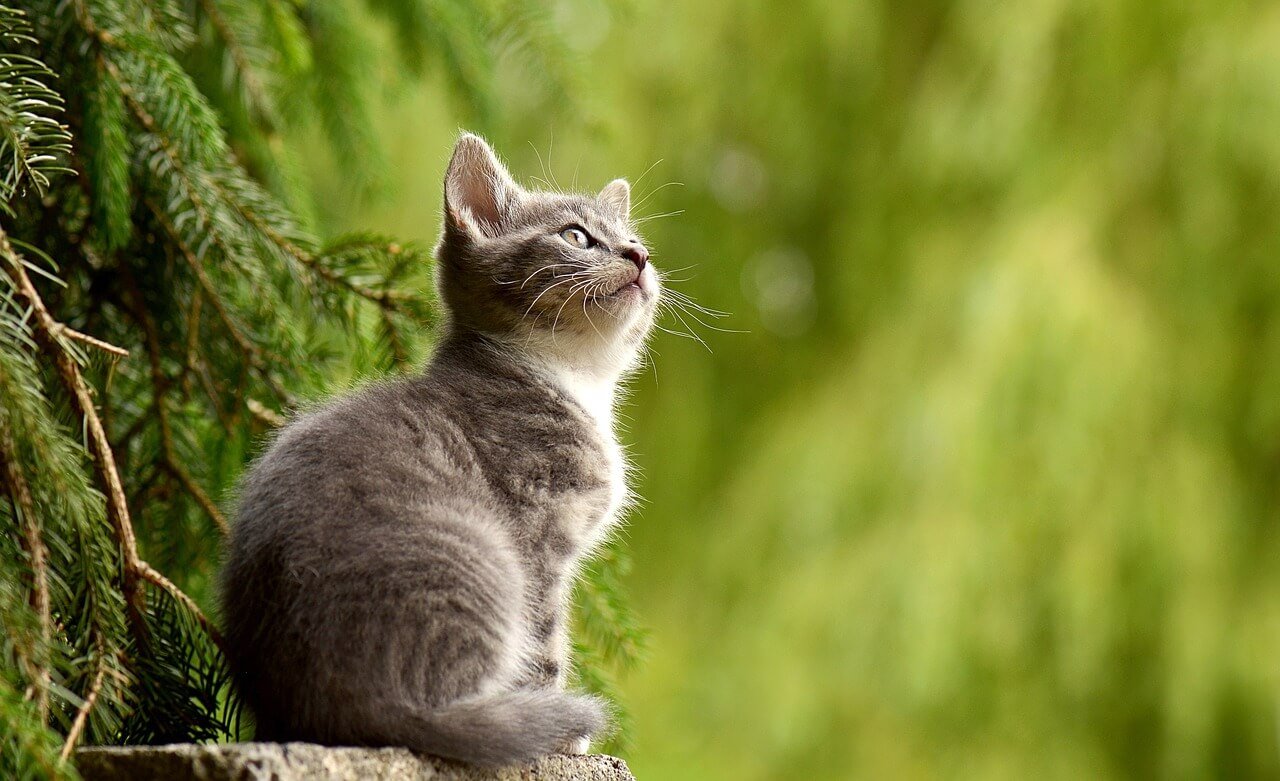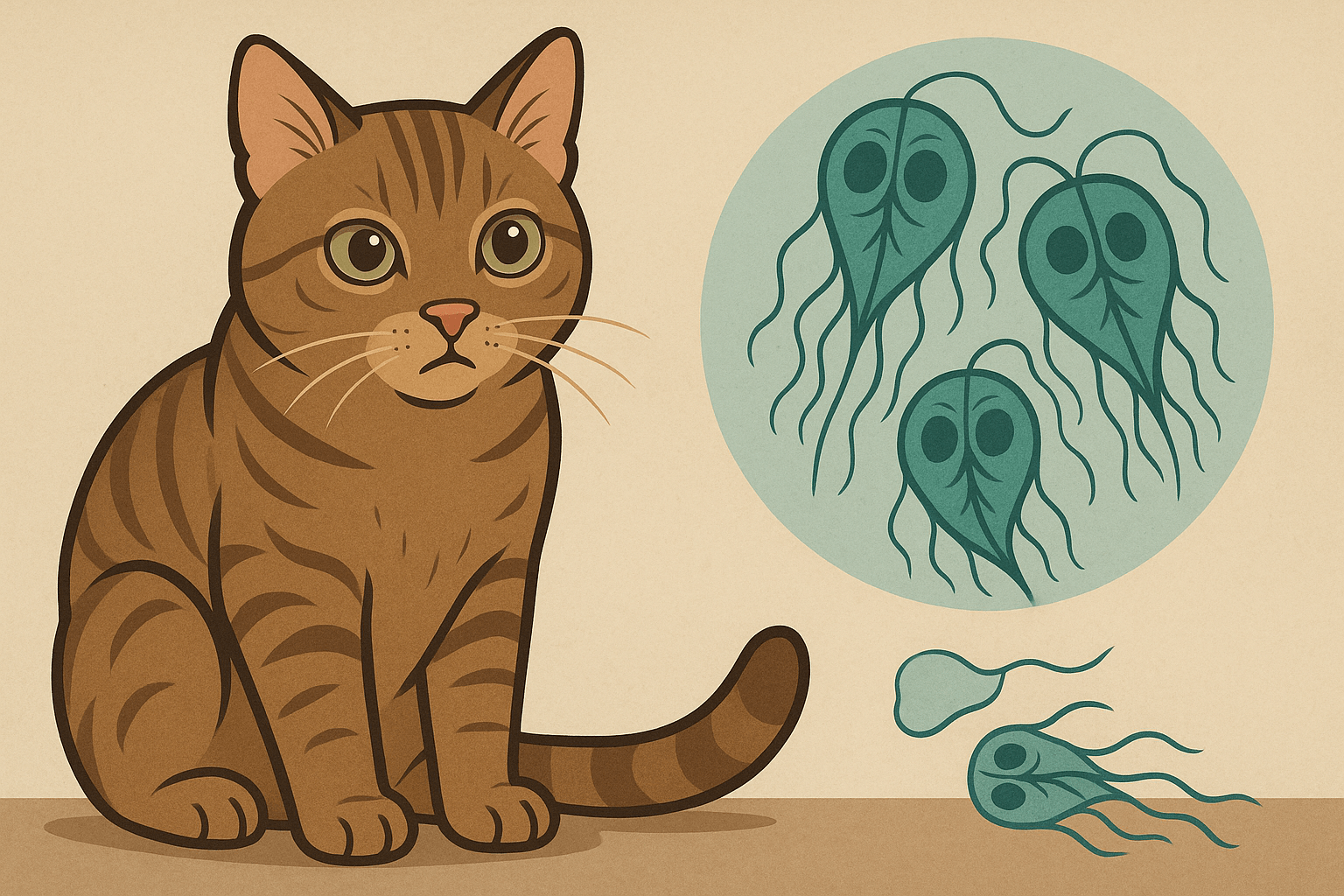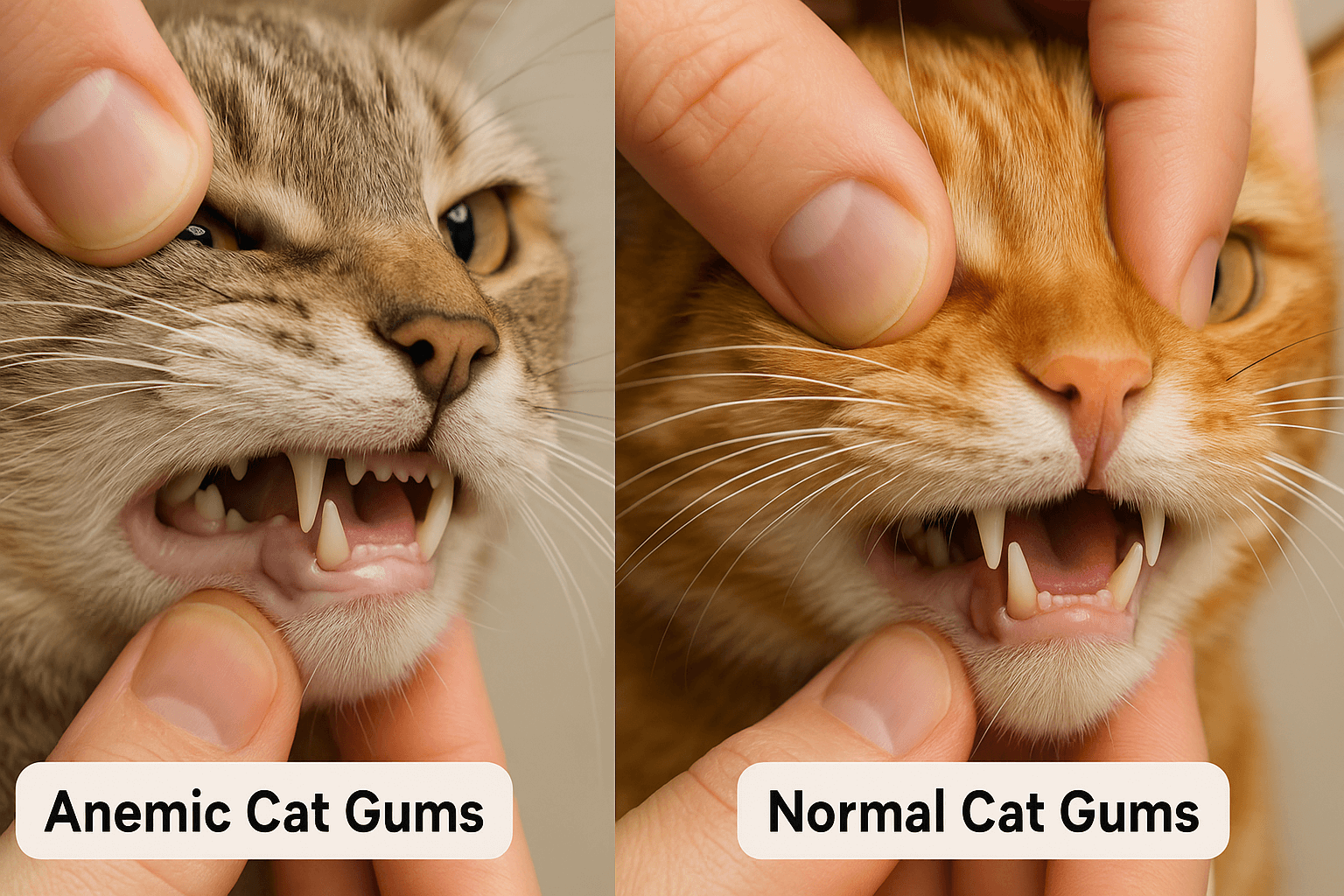The Mystery of the Lethargic Cat: Understanding Your Feline’s Energy Levels
Cats are known for their bursts of energy followed by hours of lounging. However, if your feline friend seems unusually sluggish or uninterested in their surroundings, it might raise some concerns. A lethargic cat can signal anything from a temporary mood swing to a more serious underlying issue. In this blog post, we’ll explore the reasons behind this behavior, how to identify potential problems, and what steps you can take to ensure your furry companion stays happy and healthy. Whether you’re a seasoned cat parent or a newbie, this guide will help you understand your pet’s needs better.
Signs of a Lethargic Cat: What to Look For
When your cat starts acting differently, it’s essential to pay attention. While cats are naturally lazy at times, prolonged lethargy could indicate something more significant. Here are some common signs that your cat may be experiencing unusual fatigue:
- Decreased activity levels : If your usually playful cat suddenly shows no interest in toys or movement.
- Excessive sleeping : Cats love to nap, but if they sleep significantly more than usual, it might be worth investigating.
- Loss of appetite : A sudden disinterest in food could be linked to lethargy.
- Hiding behavior : Cats often retreat when they feel unwell, so hiding more than usual is a red flag.
- Lack of grooming : Cats are meticulous groomers, so neglecting their coat can signal discomfort or illness.
If you notice any combination of these signs, it’s time to dig deeper into what might be causing your cat’s low energy levels. Remember, early detection is key to addressing potential health issues.
Common Causes of Lethargy in Cats
A lethargic cat can stem from a variety of causes, ranging from minor inconveniences to severe medical conditions. Understanding these triggers can help you determine whether a vet visit is necessary. Below are some possible reasons for your cat’s lack of energy:
- Infections : Upper respiratory infections or other illnesses can leave your cat feeling weak and tired.
- Nutritional deficiencies : Poor diet or lack of essential nutrients can lead to fatigue.
- Stress or anxiety : Changes in the environment, such as moving homes or introducing new pets, can stress your cat out.
- Arthritis or pain : Older cats may suffer from joint pain, making them less active.
- Dehydration : Not drinking enough water can cause exhaustion and lethargy.
While some causes are harmless and resolve on their own, others require professional intervention. Observing your cat’s overall behavior will help you decide the next steps.
Expert Opinion: Dr. Emily Carter, Feline Veterinarian
“Many cat owners mistake normal feline laziness for lethargy, but it’s crucial to differentiate between the two. A truly lethargic cat often shows a combination of symptoms like appetite loss and excessive sleeping. If these signs persist for more than 24-48 hours, it’s vital to consult a veterinarian to rule out underlying health issues.”
Check this guide 👉 Top 4 Best Sensitive Cat Foods for Ultimate Relief!
Check this guide 👉 Understanding Cat Antibiotics: Best 7 Expert Tips!
Check this guide 👉 Understanding the Role of Cat Laxatives: Best 7 Expert Tips!

Signs to Watch For | Possible Causes |
|---|---|
Excessive sleeping | Overexertion or illness |
Hiding more than usual | Stress, fear, or pain |
Loss of appetite | Dental issues or digestive problems |
Lack of grooming | Illness or physical discomfort |
Unresponsiveness to stimuli | Severe medical condition or depression |
How to Help Your Lethargic Cat Feel Better
If your cat seems unusually tired, there are several steps you can take to improve their well-being. These tips focus on creating a supportive environment while keeping an eye on their health:
- Encourage hydration : Make sure fresh water is always available. Consider using a cat water fountain to entice them to drink.
- Provide a balanced diet : Feed high-quality cat food rich in protein and essential nutrients.
- Create a stress-free space : Minimize loud noises and sudden changes in their routine.
- Engage in playtime : Use interactive toys to stimulate their natural hunting instincts.
- Monitor their recovery : Keep track of improvements or worsening symptoms over time.
By taking these proactive measures, you can help your lethargic cat regain their vitality. However, don’t hesitate to consult a vet if the problem persists.
When to Visit the Vet: Red Flags for Lethargic Cats
While occasional laziness is normal, certain symptoms warrant immediate veterinary attention. Knowing when to seek professional help ensures your cat receives timely care. Here are some warning signs:
- Persistent vomiting or diarrhea : Could indicate poisoning or gastrointestinal issues.
- Labored breathing : Difficulty breathing may point to heart or lung problems.
- Noticeable weight loss : Sudden changes in body weight need investigation.
- Pale gums : This could signal anemia or other blood-related conditions.
- Behavioral changes lasting more than 24 hours : Prolonged lethargy should never be ignored.
If you observe any of these symptoms alongside lethargy, schedule a vet appointment promptly. Early diagnosis and treatment can make all the difference.
How Your Home Environment Affects Your Cat’s Energy Levels
A lethargic cat may not always be dealing with a medical issue; sometimes, their surroundings play a significant role in their behavior. Cats are sensitive creatures, and environmental stressors can lead to decreased energy levels. Here are some factors to consider:
- Loud noises or frequent disruptions : Constant noise from construction, traffic, or loud appliances can overwhelm your cat.
- Overcrowded spaces : Too many people or pets in the house can make your cat feel anxious and retreat into lethargy.
- Lack of safe spaces : Cats need areas where they feel secure and undisturbed.
- Temperature extremes : Excessive heat or cold can sap their energy and make them less active.
- Inadequate stimulation : A home without toys, scratching posts, or climbing structures can leave your cat bored and unmotivated.
Creating a calm, enriching environment can significantly improve your cat’s energy levels and overall well-being. Pay attention to these factors to ensure your home is a haven for your feline friend.
Fueling Your Cat’s Vitality Through Nutrition
What your cat eats directly impacts their energy levels. A lethargic cat may benefit from dietary changes that provide the right balance of nutrients. Consider these tips for optimizing your cat’s diet:
- High-quality protein sources : Look for cat food rich in animal-based proteins like chicken, turkey, or fish.
- Hydration-boosting wet food : Incorporate wet food to increase water intake and prevent dehydration.
- Essential fatty acids : Omega-3 and omega-6 fatty acids support brain health and energy production.
- Limited carbohydrates : Avoid foods high in fillers like corn or wheat, which can cause sluggishness.
- Supplements if needed : Probiotics or vitamins recommended by your vet can address deficiencies.
By fine-tuning your cat’s diet, you can help them regain their zest for life. Always consult your veterinarian before making significant dietary changes.
Engaging Your Cat Through Playtime
One of the best ways to combat lethargy in cats is through interactive play. Regular physical and mental stimulation can rekindle their natural curiosity and energy. Try these playtime ideas to get your lethargic cat moving:
- Feather wands or teaser toys : Mimic prey movements to encourage chasing and pouncing.
- Laser pointers : Use unpredictably moving dots to spark their hunting instincts.
- Catnip-infused toys : Many cats love the stimulating effects of catnip, which can boost activity levels.
- Puzzle feeders : These toys challenge your cat mentally while rewarding them with treats.
- Scheduled play sessions : Aim for two 10–15 minute playtimes daily to establish a routine.
Consistent playtime not only combats lethargy but also strengthens the bond between you and your cat. Make it a priority to keep your furry companion engaged and entertained.
Frequently Asked Questions About Lethargic Cats
Is it normal for my cat to sleep a lot?
Yes, cats typically sleep 12–16 hours a day. However, excessive sleeping beyond this range could indicate a problem.
Can boredom cause my cat to act lethargic?
Absolutely! Cats need mental stimulation. Boredom can lead to decreased activity and energy levels.
Should I worry if my senior cat is less active?
Not necessarily, but age-related conditions like arthritis can contribute to lethargy. Regular vet check-ups are recommended.
How can I tell if my cat is just tired or actually sick?
Look for additional symptoms like appetite changes, hiding, or abnormal behaviors. If unsure, consult your vet.
Can dehydration cause lethargy in cats?
Yes, dehydration can lead to fatigue and weakness. Ensure your cat has access to clean water at all times.
Final Thoughts: Supporting Your Lethargic Cat
Understanding the nuances of your cat’s behavior is crucial for maintaining their health and happiness. While occasional laziness is perfectly normal, persistent lethargy should not be overlooked. By staying vigilant and recognizing the signs early, you can ensure your feline friend receives the care they deserve. Remember, every cat is unique, and what works for one may not work for another. With patience, observation, and professional guidance when needed, you can help your lethargic cat bounce back to their playful self. After all, a happy cat makes for a joyful home!
Giardia in Cats: Best 7 Expert Tips! Discover expert advice on identifying, treating, and preventing giardia in cats to ensure your feline stays happy and healthy.
Cat Hyperventilating: Best 7 Expert Tips! Discover signs, causes, and solutions for cat hyperventilation. Learn how to calm your cat and when to seek veterinary care for their breathing issues.
Anemic Cat Gums vs Normal: Best 7 Expert Tips! Learn to spot signs of anemia in cats, understand gum health, and ensure your feline stays happy and healthy with expert advice.
Himalayan Cat Size: Best 7 Expert Tips! Discover expert advice on Himalayan cat size, growth factors, care tips, and how to ensure your feline stays healthy and happy.





